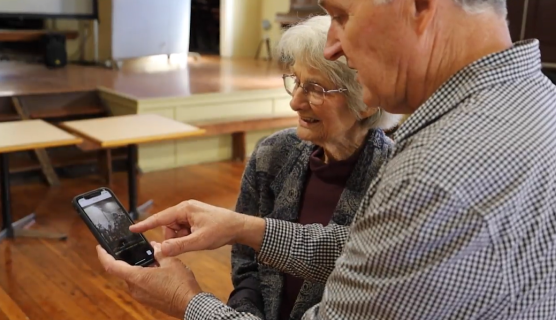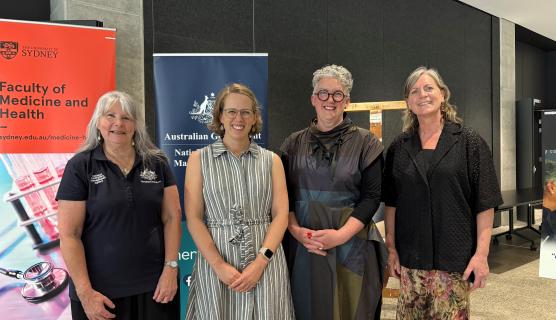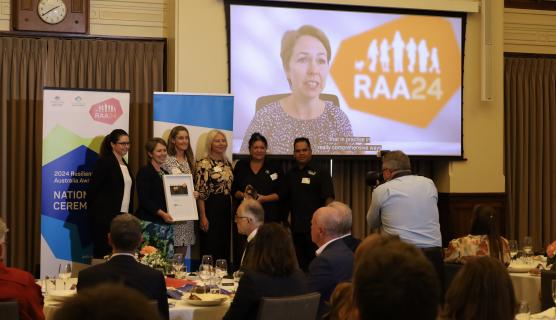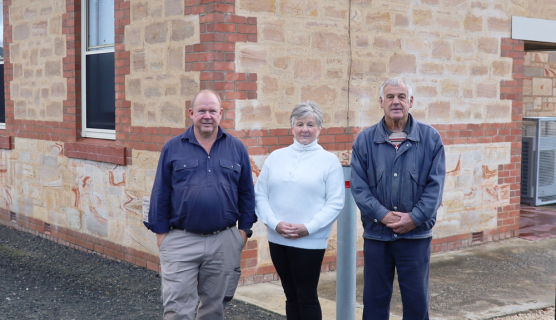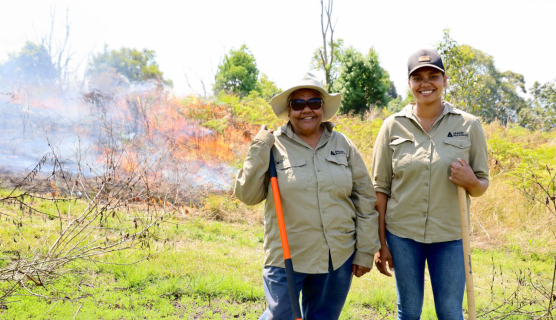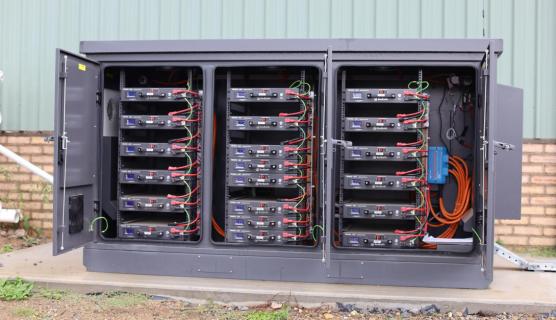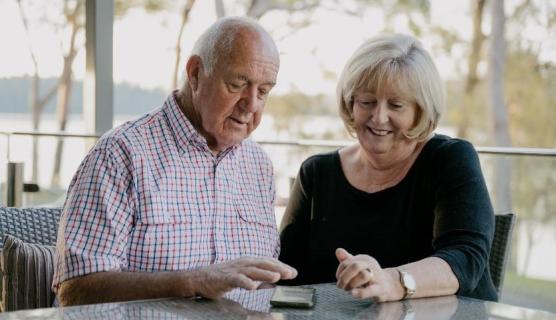Recent experiences across Australia of increasingly intense, frequent and compounding disasters highlight the importance of disability inclusive disaster preparation.
Disability inclusive disaster preparation

Disability inclusive disaster preparation

Recovery Exercising Toolkit Module for disability inclusive disaster preparation
Australians living with a disability may need additional information or assistance when a disaster strikes – to help understand these requirements, a recovery exercising toolkit that enables an inclusive approach to planning is now available.
The Recovery Exercising Toolkit includes a module dedicated to ensuring that people with disability and their representative organisations are included and consulted in the emergency management planning, response drills and recovery exercises.
The toolkit was developed in the National Emergency Management Agency in partnership with the Australian Institute of Disaster Resilience (AIDR) and can be found on the AIDR website .
The module highlights the strengths and needs of people with disability and their capability to contribute to emergency management and recovery planning. One of the key deliverables of the module is sharing the importance of building strong relationships as part of disability-inclusive planning. Key groups may include Disabled Peoples Organisations (DPO) (), Community Services, disability support organisations and emergency stakeholders, including volunteers and Local Government.
Community, health, and disability support organisations
The Supporting People with Disability in Recovery module provides practical guidance and tools for emergency planners to design and conduct recovery exercises. A key part of this module is to ensure the inclusion of local community voices that speak to the strengths, barriers and support needs of people with disability before, during and after disasters.
The module has been designed to be run in partnership with disability organisations and people with lived experience. This in-depth knowledge and storytelling provides invaluable insights from a local community perspective.
A Recovery Exercise was run in November 2022 in Hobart, and the Disability module was co-facilitated by Megan Cunningham - Accessible City Coordinator, City of Hobart and Richard Witbrewk – Project Coordinator, Disability Voices Tasmania.
Disability Voices Tasmania shared their findings from their recent Emergency Planning Response Project:
“People with disability are disproportionately affected by emergencies. Disasters can affect everyone. However, the barriers faced by people with disability often expose them to additional risks in emergency situations.
“Stigma, discrimination and exclusion are key precursors to the disproportionate negative outcomes experienced by people with disability. These additional risk factors render them more vulnerable to violence, abuse, neglect, exploitation or death during emergencies.
“Including the voices and deeply understanding the needs of individuals with disability at all stages of the disaster management process – especially during planning and preparedness – can significantly reduce the vulnerability and achieve a resilience dividend.”
The module included real life examples like that of Gary Matthews, who woke up on the morning of February 15, 2008, to discover his flat was flooded.
Emergency services came to rescue him, but they couldn’t take his wheelchair, and he experienced accessibility issues at the temporary accommodation.
Other case study scenarios were also presented to help participants understand the real impact and importance of including people with disability before, during and after disasters.
The sessions also provided ‘thinking time’ to reflect on these stories, for participants to identify what the opportunities are within their own agencies to address some of the identified challenges.
One of the guided module questions encouraged participants to revisit their emergency and recovery plans to assess how planning for people with disability can be included in these plans and how this inclusion can be improved.
Planning for the extra support needs of people with disability in recovery
If we can understand what people with disability can do for themselves and the extra support and planning required following a disaster, then we can better plan for recovery supports and services needed when disaster strikes.
This also means understanding how people with a disability manage their support needs every day and the people/services they rely on – and how those services will be affected during a disaster.
Growing intensity and frequency of disasters makes recovery a constant state of being
In recent years consecutive and compounding disasters across Australia have meant that many communities are still recovering from one disaster at the same time as being hit by the next. Multiple and overlapping disasters with compounding impacts can place communities in a state of constant and complex recovery.
The Recovery Exercising Toolkit modules have been designed with this complex environment in mind to ensure diverse voices are heard, valued and included in preparing for and recovering from disasters.
